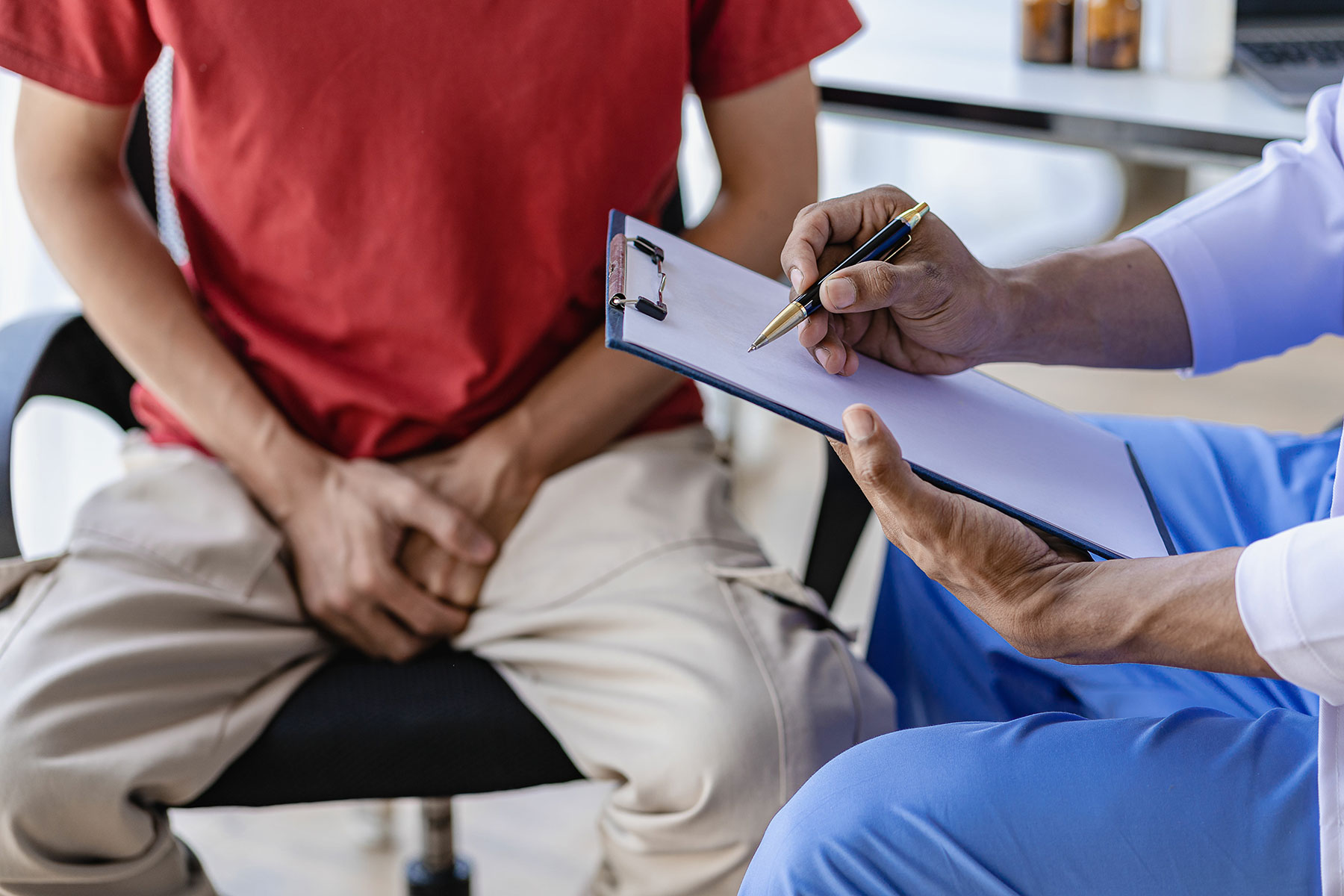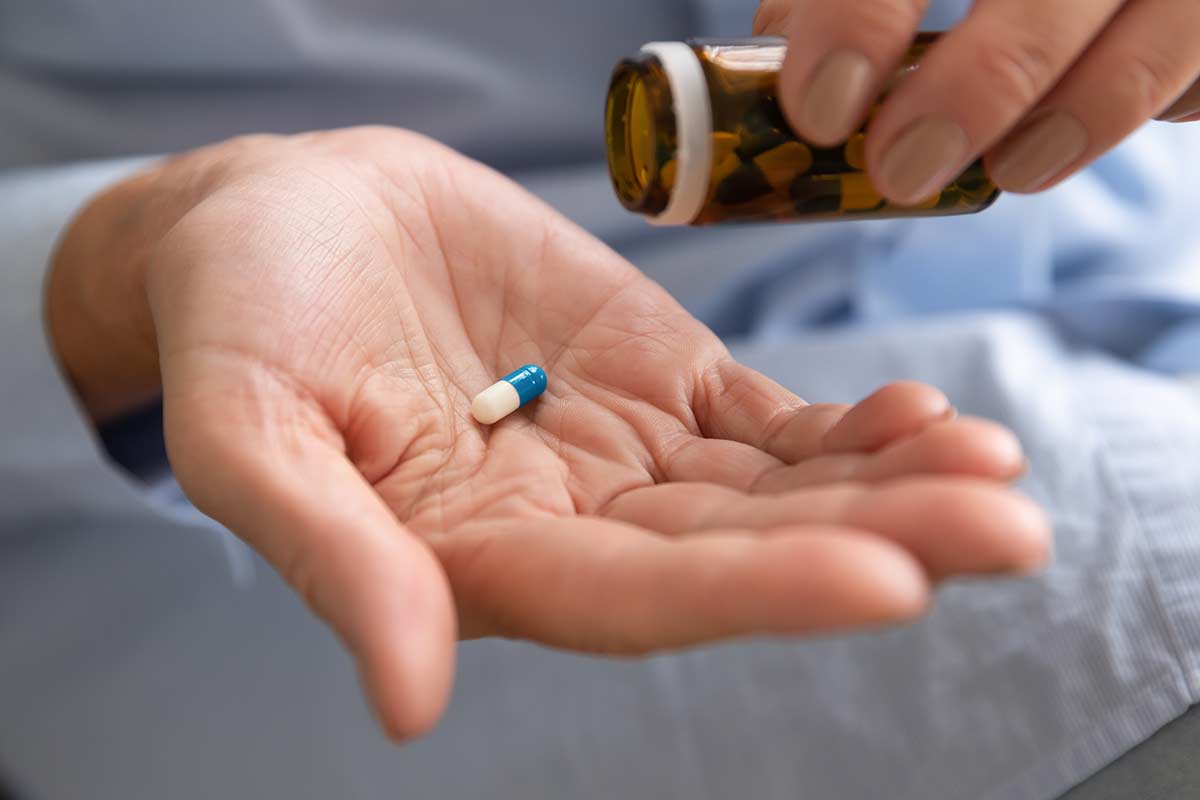Suboxone is a medication that can be used to curb the symptoms associated with opioid withdrawal. It can also reduce cravings, helping individuals in recovery focus on addressing the underlying causes of substance use disorders.
When paired with a structured rehab program, the benefits of a Suboxone rehab program become clear: it’s an effective way to support long-term sobriety and avoid relapse. Suboxone is safe, has a low risk of abuse, and allows patients to better concentrate on therapy and counseling without the distractions of withdrawal symptoms.
At Colorado Medication Assisted Recovery, our addiction treatment programs incorporate Suboxone when appropriate to maximize each patient’s treatment plan. Our outpatient programs, flexible scheduling, and highly effective, evidence-based approach ensure that patients have access to all the tools needed for lasting recovery from opioid addiction.

What Are the Benefits of a Suboxone Rehab Program?
When it comes to treating opioid addiction, there’s no one-size-fits-all solution. However, Suboxone has proven to be a powerful tool in helping individuals navigate the challenges of withdrawal and early recovery.
By reducing cravings and stabilizing mood and behavior, Suboxone creates the foundation needed for more profound healing through therapy and support services. Below are some of the key benefits of a Suboxone rehab program and how it can help you or a loved one achieve lasting recovery.
Successful Treatment Outcomes
In October 2002, the FDA approved the use of buprenorphine alongside behavioral therapy to treat opioid use disorders. This decision marked a significant step forward in addiction treatment, as it allowed for medications like Suboxone to be administered outside traditional clinics.
The success rates associated with Suboxone treatment highlight the benefits of a Suboxone rehab program.
For those addicted to opioid pain relievers, Suboxone can cut usage significantly, often by half, and decrease dependency over time. When combined with therapy, this form of treatment proves highly effective in comparison to other options.
To provide a holistic approach, the program may include:
- Addiction and pain management – Especially for patients with chronic pain, pain management strategies are vital in reducing opioid dependence.
- Mental health treatment – Addressing co-occurring mental health issues leads to more sustainable recovery outcomes.
- Telehealth services – Convenient access to care from anywhere.
- Trauma-informed therapy – Helps patients heal from past trauma that may be contributing to substance use.
Whether you’re starting your recovery journey or have relapsed and don’t know where to turn, the benefits of a Suboxone rehab program include effective relapse prevention and long-term sobriety support.

Privacy and Discretion
Privacy plays an essential role in the recovery journey for many individuals. The fear of stigma or potential professional repercussions often deters people from seeking the help they desperately need. A Suboxone clinic offers a discreet and accessible avenue for recovery by providing confidential appointments and outpatient treatment options. This approach ensures that individuals can receive the support they require without interfering with their personal or professional lives.
One of the standout advantages of a Suboxone rehab program is the ability to access both medication and therapy in a private environment, eliminating the need for overnight stays in a treatment facility. This level of flexibility allows individuals to commit fully to their recovery while still fulfilling their daily responsibilities, whether at work or home. Furthermore, the outpatient model fosters a supportive community and encourages ongoing engagement in the recovery process. By prioritizing confidentiality and convenience, Suboxone clinics empower individuals to reclaim their lives and take the necessary steps toward a healthier future.

Minimal Side Effects
Suboxone is particularly notable for its favorable safety profile when it comes to addiction medications. Unlike many other opioids, the side effects associated with Suboxone are generally mild, which can make a significant difference in a person’s treatment journey. This tolerance allows individuals to engage more fully in therapy and focus on their path to personal growth, free from the interference of severe or disruptive symptoms.
One of the key advantages of a Suboxone rehab program is its minimal impact on daily functioning. Patients often find it easier to adhere to their treatment plans without the burden of intense side effects that can accompany other medications. This stability not only enhances the overall recovery experience but also empowers individuals to dedicate their energy to building life skills, strengthening relationships, and pursuing personal goals. Ultimately, the tolerability of Suboxone supports a smoother transition towards a healthier, substance-free life.
Reduces the Risk of Abuse
Relapse is one of the most significant risks in opioid addiction recovery. Suboxone helps mitigate this risk by curbing cravings and minimizing withdrawal symptoms. It also has a lower potential for abuse, making it a safer alternative than many opioid medications.
With close medical oversight, a Suboxone treatment center helps patients stay accountable and avoid returning to harmful behaviors, one of the many benefits of a Suboxone rehab program.
Suppose you’re ready to take the next step toward recovery. In that case, Colorado Medication Assisted Recovery offers compassionate, discreet, and effective Suboxone rehab programs tailored to your individual needs. Reach out today to learn more about how we can support your journey.
Your Path to Recovery Starts Here
At Colorado Medication Assisted Recovery (CMAR), we understand that overcoming opioid addiction requires comprehensive, personalized care.
Our Suboxone treatment program in Thornton, CO, is just one part of our full-spectrum approach to recovery. We combine FDA-approved medications with evidence-based therapies to address both the physical and psychological aspects of addiction.

Get Started With Our Treatment Programs Today!
- Medication-Assisted Treatment (MAT): Utilizing Suboxone and other medications to manage withdrawal and cravings safely
- Intensive Outpatient Program (IOP): Structured therapy while maintaining work and family commitments
- Outpatient Detox: Flexible treatment for those transitioning to independent recovery.
Our Thornton clinic provides discreet, professional care in a supportive environment. Whether you’re just beginning recovery or need ongoing support, CMAR offers the tools and guidance for lasting sobriety.
Take the first step today – contact CMAR to learn how our programs can help you reclaim your life from addiction.



















